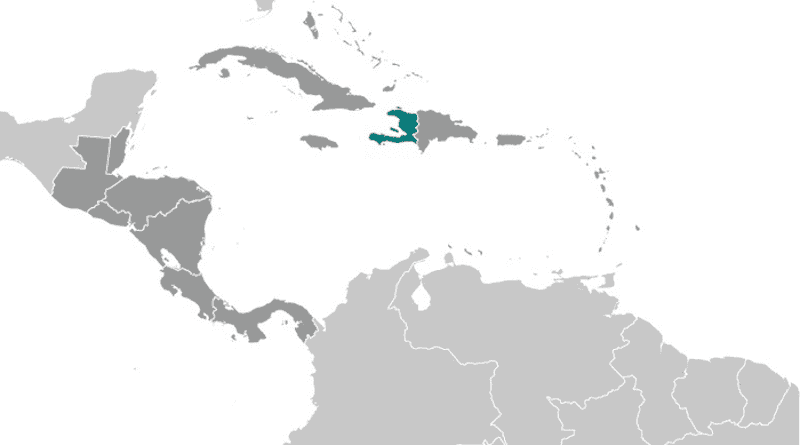Haiti: An Elusive Search For Peace And Stability
February 7, 2011, will mark the 25th anniversary of the departure of the last Haiti dictator, Jean-Claude Duvalier. Since that fateful day, Haiti has moved on to a road which, at times, seems uneven, while, at others, straightforward.
If anything, it is fair to say that there is hope that Haiti will no longer return to the era of dictatorships. It is equally fair to say that Haiti now has an open system of government trying to abide by constitutionality, but has yet to become a true democracy. It is that struggle for true, genuine democracy that has cost Haiti so much.
Genuine democracy means structured chaos. It is a system of government that allows all voices to be heard through proper channels. Those channels have to be created organically; they must be established based on rules that relate to the reality of the country. However, there should be a basis of tried and true technicalities, oftentimes picked up from other places with prior experiences.
If in Haiti there is so much acrimony, despair, frustration among civil society and political organizations, it is largely because those necessary structures do not exist. Even when they do, there has not been much effort among the political elites to consistently assess and reassess their successes and failures, in order to eventually render the different societal workings more efficient.
Elections, for instance, are occasions in true and genuinely democratic nations for the citizenry to have their voices heard and help determine which direction a country should follow to become more stable, harmonious, and economically empowered. In Haiti, despite more than twenty years of experience in going through a process so exciting, elections are instead occasions for those genuinely frustrated with a non-working system to challenge the status quo without offering any reasonable alternatives. The obsession with a tabula rasa, revolution, rache manyók as we say in Haitian, is the main motivational force of most discourses. Very few–if any–realistic proposals to once and for all resolve the systemic failures of our electoral machine are ever suggested by the most vociferous parties from the right, left, or center. Those moments are instead times for those actors or would-be actors to scapegoat the other: the executive branch, the international community, and the myriad others involved.
It is now time for Haitians to realize that good politics makes good economic sense. It helps bring stability into the country and prosperity in the long term. It is time for Haitians and their friends across the globe to focus less on conspiracy theories, however valid they may be, and take charge of their country. They must put their own portfolio full of ideas onto the tables of decision-makers. More importantly, it is time for Haitians who can think of ways to transform Haiti, those who think differently from the traditional kraze brize (break and destroy) clans, to help disseminate their ideas among the population in whatever form necessary, especially in the language spoken by each and every single one who was born and raised there: Haitian.
If those Haitian thinkers make their effort at spreading those ideas, especially organic ones, there is absolutely no doubt that their thoughts will take on a life of their own, and they will thus force policymakers to make the right kinds of decisions.
Haitians seem nowadays more willing to destroy than to build. It is time for each and every Haitian-born and hyphenated– to think of themselves as builders rather than simple Monsieur et Madame J’oppose (Mr. and Mrs. I oppose), or even worse, outright destroyers.
For that to happen, Haitian political activists, political scientists, intellectuals, sociologists, and each and everyone else have to think in terms of how to work with what we have and transform it for the better, rather than just complain and accuse everyone else for our own failures.
For the past twenty years of Haitian politics there has been a tendency to simply complain, to focus on destroying whichever side one is not on. There is also a tendency to wait for everyone else to do our own bidding for us. Before we accuse the world of unique responsibility for our collective failures, we must first prove that we can do differently by shifting our thought process. We must prove that we can think in creative ways to help advance the political process, even at the risk of sometimes upsetting personal friends and valuable acquaintances.
Thinking differently implies thinking in terms of building, creating, and sharing those ideas in any and every possible ways to make the country work. It is not enough to complain, although it is extremely important to recognize the challenges. It is more important to look at the problems, and help design solutions for them. If and when we do, there is no telling as to how far we can go and we will go. We will achieve peace, prosperity, and finally a stable democracy. But first we must get used to thinking, and thinking differently from the way we have been until now.


Pingback: Haiti: An Elusive Search for Peace and Stability « Institute for Research in Socioeconomic & Public Policy